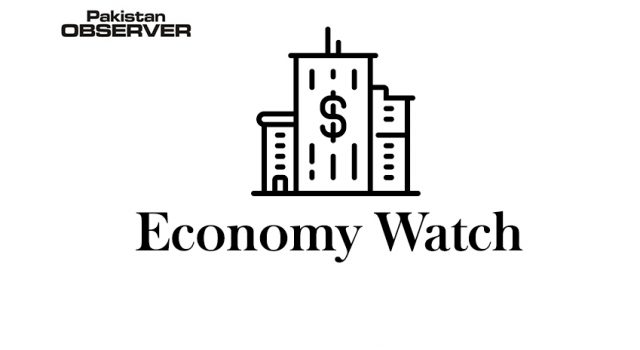Staff Reporter
Islamabad
Technology is shaping everything in the world and it will affect every aspect of life of millions of people in the near future. So there is a need to be proactive to catch up with other nations in the era of the 4th Industrial Revolution.
These views were shared by Shams Faiz, Chairman of Robotmea Pakistan, during the seminar “Fourth Industrial Revolution: Opportunities and Challenges for Pakistan”, organized by the Institute of Policy Studies (IPS), Islamabad, on December 20, 2019. The session was chaired by Dr Arshad Ali, CEO, Asian Institute of Industrial Air (AIIA).
Talking about the 4th Industrial Revolution, Faiz said that by 2022 robots will take over the jobs of 75 million people globally due to new technologies while more than 130 million new jobs will be created. Pakistan needs to improve its education system to compete with other nations in the era of the 4th Industrial Revolution. He said the key words for being proactive are speed, simplicity and self-confidence.
Further talking about improving education, he said that we have to introduce the STEM (Science, Technology, Engineering and Mathematics) learning methodology to make our children innovative. STEM is not just about teaching children robotics, it’s way beyond that. It should focus on the “4 Cs”: Critical thinking, collaboration, communication skills and creativity.
Faiz said the Americans have fallen behind other nations, including China and India, in technology and innovation due to a flaw in the education system. This is because students are not taking up science subjects and are instead opting for social sciences. Pakistan must learn from the mistakes of other countries, he added.
He also said that technology has provided a level playing field and now access to knowledge is there for every person. In this scenario, Pakistan must not miss the opportunity as it did in the past.
Faiz urged focus on practical work in schools and colleges, as without any practical work no one can be creative.
Dr Arshad said that talent needs to be nurtured. However, there seems to be no vision or urge for betterment in public sector educational institutions.









